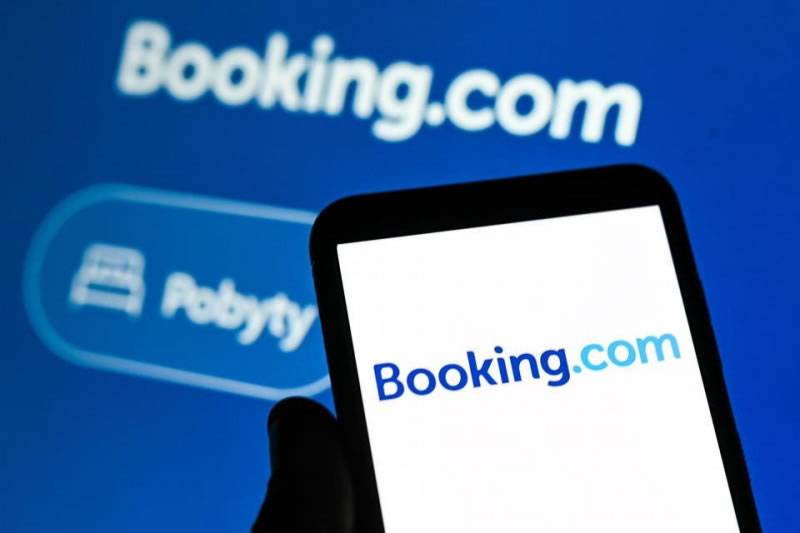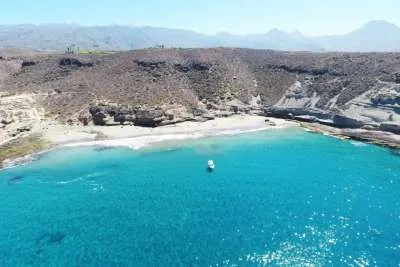Canary Islands Government have access to Booking.com to detect illegal holiday lets
- 05-02-2025
- National
- Gobierno de Canarias
- Photo Credit: Booking.com
The Government of the Canary Islands has intensified its efforts to regulate the region’s vacation rental properties, by establishing direct collaboration with Booking.com to detect listings of illegal holiday lets.
Booking.com has given the regional government access to their Authorities’ Portal, which enables public institutions and law enforcement agencies to identify and remove non-compliant listings.
The Ministry of Tourism, led by Jéssica de León, has been actively working on strategies to control unauthorised holiday accommodation since the beginning of 2024.
As part of this initiative, the ministry’s inspection team and members of the Canary Islands Police have received online training from Booking.com. This training equips them with the necessary skills to use the portal effectively and report accommodation units that fail to comply with regional regulations, which Booking.com will then subsequently remove and ban from its platform.
During the recent FITUR International Tourism Trade Fair in Madrid, Jéssica de León and her team met with Booking.com representatives to assess the progress of this collaboration.
Similar discussions are also underway with other digital accommodation providers, including Airbnb, as part of the broader strategy to regulate the sector.
In addition to this partnership, the Ministry of Tourism has reached an agreement with the public company Grafcan, responsible for geographic and territorial data in the Canary Islands. As a result, Grafcan has integrated a new layer into its digital mapping system that provides detailed information on tourism-related activities across the archipelago.
This feature allows authorities to pinpoint the location of holiday rental properties, assess their land classification, and coordinate enforcement efforts with relevant regulatory bodies.
Looking ahead, the regional government is planning to establish a medium-term agreement with property registrars, who hold public official status, to enhance inspection processes at both the local and regional levels.
This collaboration will allow authorities to access property records, helping them determine the legal status of holiday rentals and ensuring compliance with tourism regulations.
Currently, the Canary Islands offer a total of 643,056 tourist accommodation places. Of these, 371,379 are in hotels and apartment complexes, while 271,677 are classified as holiday rentals. The government’s latest measures aim to ensure that all accommodations operate within the legal framework, preserving the integrity of the region’s tourism sector.
Other articles that may interest you...
Trending
Most Read Articles
Featured Videos
TributoFest: Michael Buble promo 14.02.2026
- 30-01-2026
TEAs 2025 Highlights
- 17-11-2025



























































